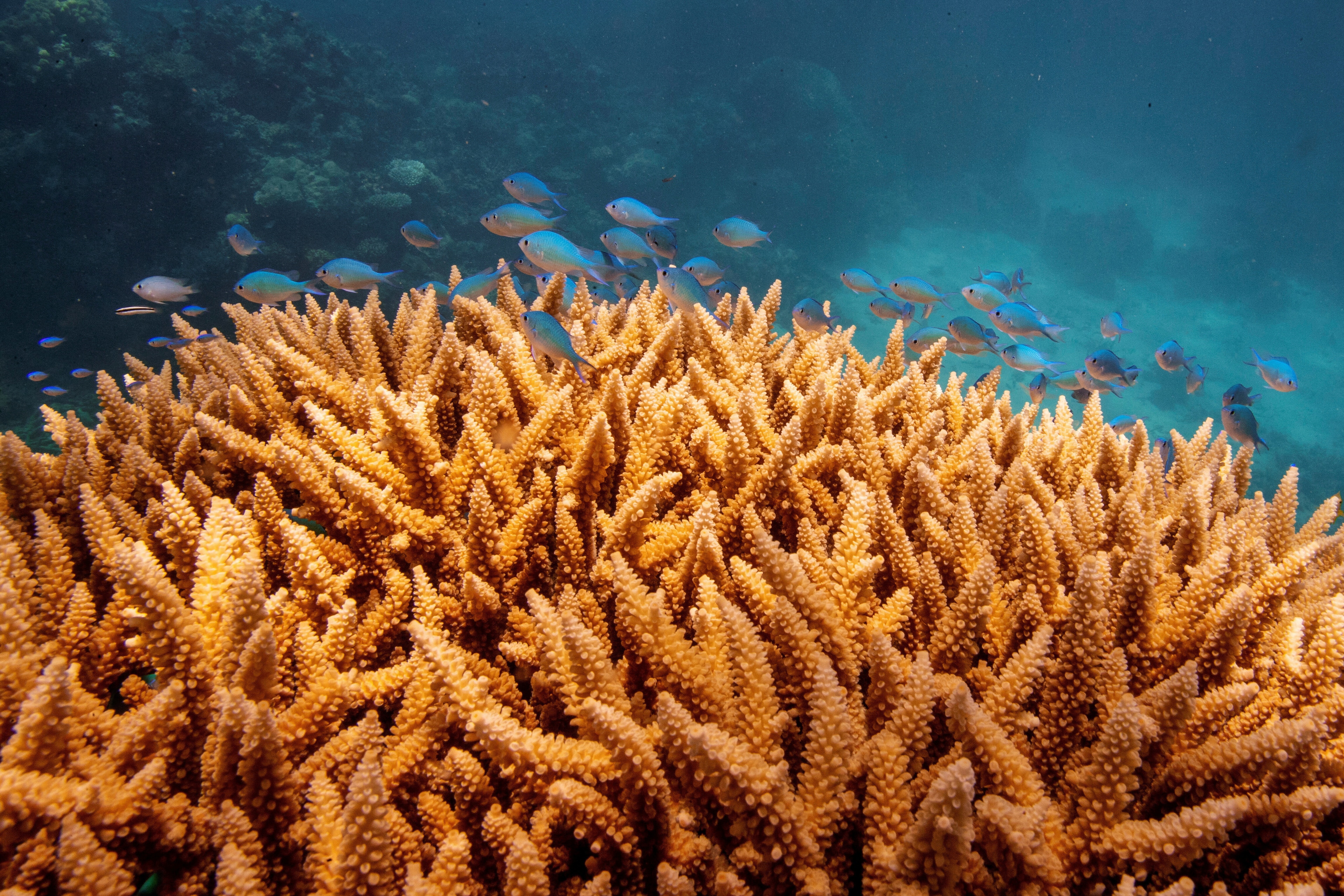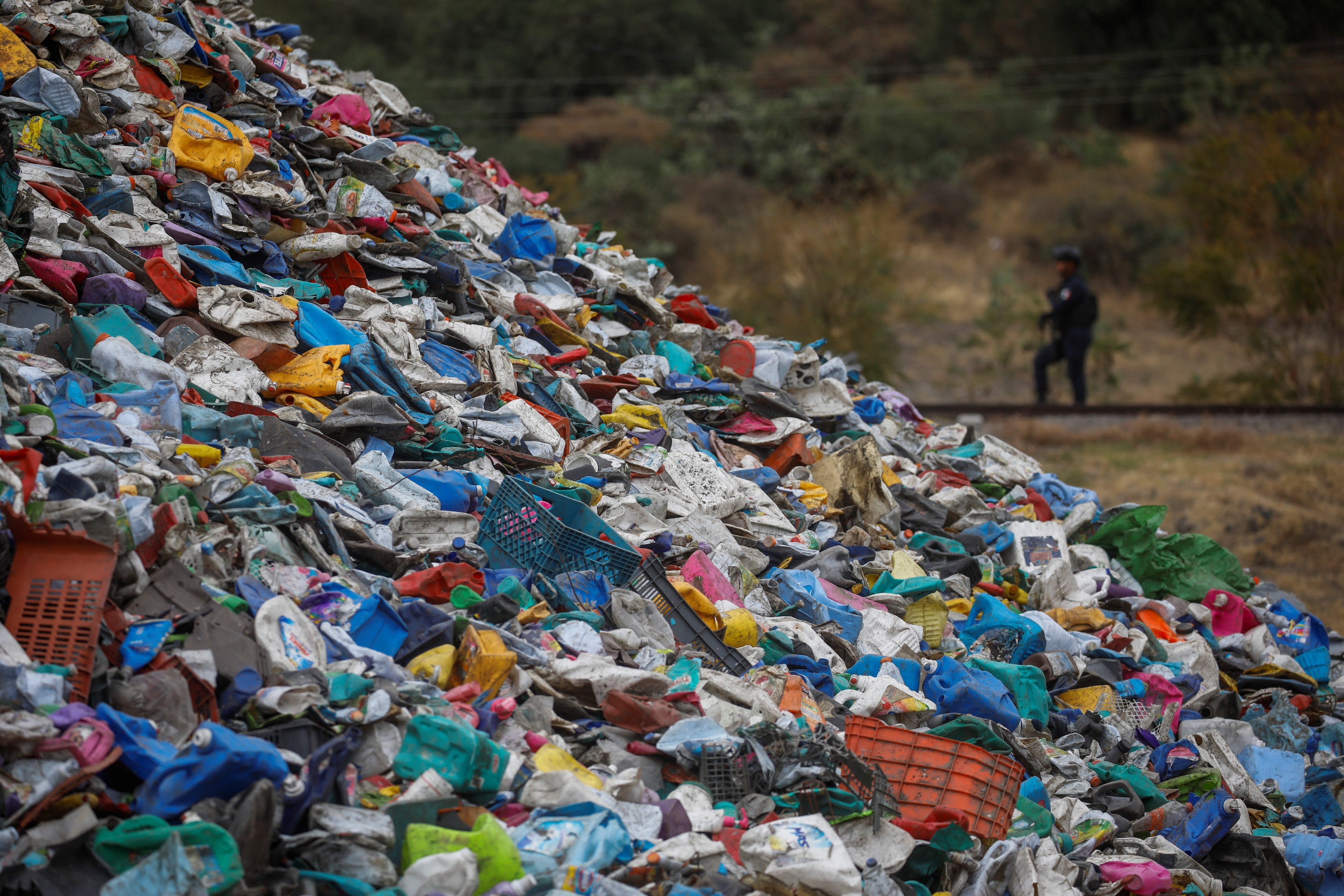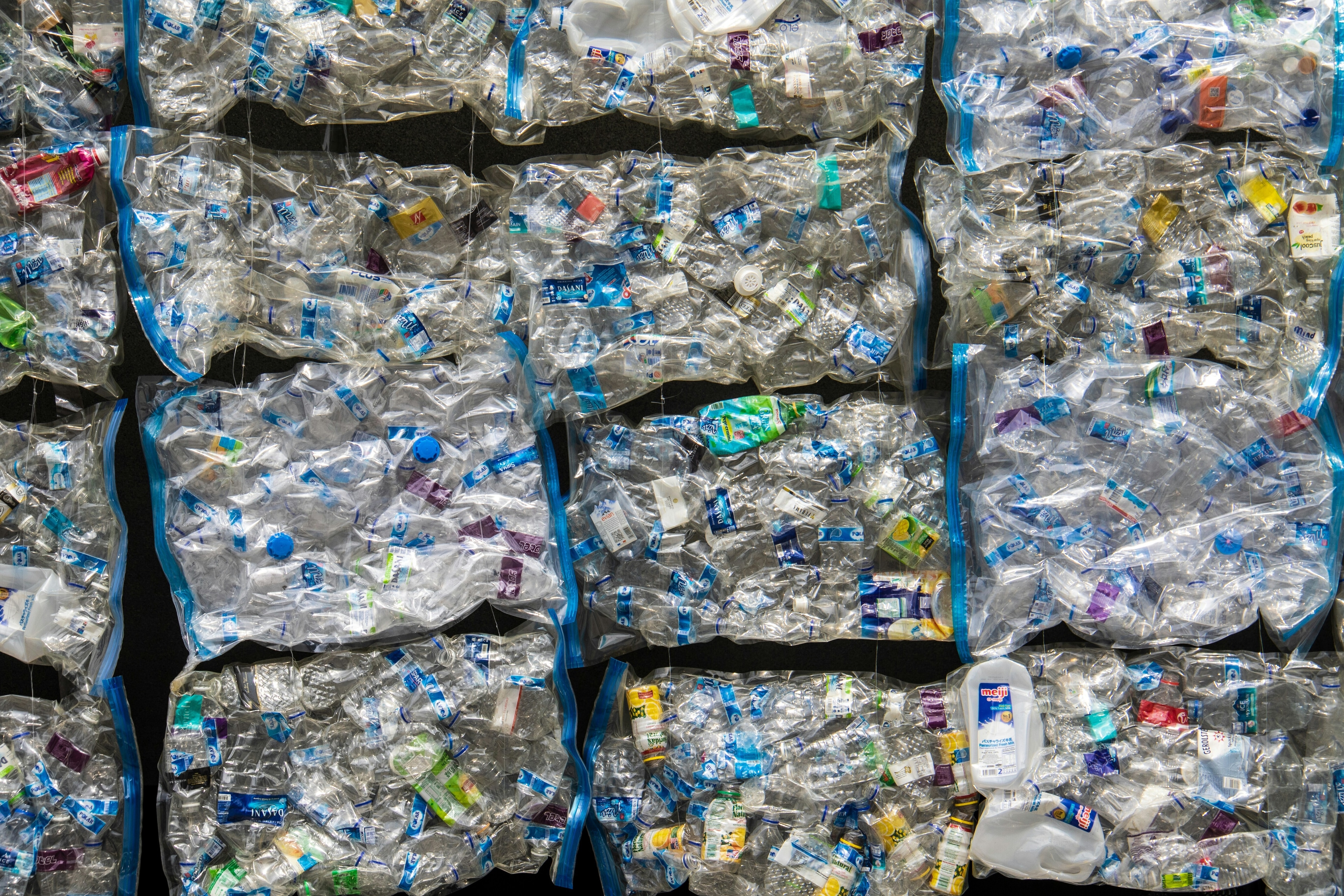Youth Can Help Fight Air Pollution in Africa. Here's How

Rapid urbanisation is a major factor in Africa's rising levels of air pollution
Image: REUTERS/Amir Cohen
Stay up to date:
Air Pollution
- Air pollution kills more people in Africa than unsafe drinking water or malnutrition.
- Tackling air pollution in Africa will require a concerted effort from both public and private sectors.
- Africa's youth – the median age is 20 – can also be harnessed as a powerful force to help bring about this necessary change.
The air we breathe is both precious and free. It sustains all life on the planet.
And yet, nine out of every 10 people in the world breathe air with pollution levels that exceed the World Health Organization’s guideline limits. Levels of air pollution in Africa are one of the highest, where a higher number of countries are undergoing rapid urbanization.
Within this statistic lies an even uglier truth: that within cities, countries and regions, the poor and disadvantaged are both more exposed to polluted air and less able to protect themselves from its harmful effects.
High levels of air pollution globally pose a threat to both the environment and to human health. Many sources of air pollution, such as fossil fuel combustion, are also high CO2 emitters. Air pollution is also one of the leading risk factors for premature death globally; 3.4 million deaths each year are attributable to outdoor air pollution.
Air quality influences health by:
1. Directly causing disease and death. Air pollution is associated with an increased risk of strokes, heart disease, acute respiratory infections, chronic respiratory disease and lung cancer. These effects on health are intergenerational, with maternal exposure to outdoor air pollution associated with low birth-weight babies, and long-term exposure influencing neurological development and lung function in children and cognitive decline in adults.
2. Worsening other diseases. Exposure to air pollution is also known to exacerbate other diseases, for example, increased hospitalisations among children with asthma. There is also increasing, though at the time of writing not conclusive, evidence linking air pollution to the number of cases and severity of COVID-19.
3. Indirectly increasing disease risk through effect on food and physical activity. The same regions where outdoor air pollution exposure is greatest are also experiencing an emergent epidemic of non-communicable diseases (NCDs) which often affect people during their economically productive years, with implications for lost productivity and sustainable societal development. Diet and physical activity represent two of the four modifiable risk factors associated with diseases that contribute to over 80% of the burden of NCDs globally, and both factors are influenced by air pollution. The process of food production contributes to air pollution, and conversely air pollution poses a threat to food production and food security. Similarly, while the most equitable means to promote physical activity is through public spaces that support this behaviour, the health risk posed by air pollution hampers people's ability to embrace such health-promoting behaviours.
Air pollution in Africa - How to act
Addressing this global challenge will require a coordinated concerted effort to tackle air pollution in Africa. The African continent is characterised by widespread rapid urbanisation coupled with unplanned growth; the continent is projected to have the fastest rate of urban growth globally. In this context, it is critical that planetary health foresight is central to urban development. At present, however, air pollution – largely from industrial sources, motor vehicles, burning biomass and desert dust – kills more Africans than unsafe water, unsafe sanitation or childhood malnutrition, with significant implications for human development. As egregious as these statistics are, they are likely to be an underestimate given that air-quality monitoring is sparse and disjointed across the continent; only seven of the 54 countries in Africa have functioning real-time air pollution monitors collecting this data.
The impacts of air pollution and health are also not equally distributed due to the link between air pollution exposure and poverty, with the poor more likely to live and/or work in spaces and places with particularly poor air quality. As such, detailed analyses of air pollution in Africa are often a challenge to compile. This highlights the need for significant improvement in the quality and accessibility of innovations such as low-cost sensors, cloud computing and data science tools. Scaling of such interventions will require commitments from both public and private sectors to contribute to improving the air quality monitoring capacity across the continent. In addition, achieving the co-benefit of improving health will require academic partnerships and transdisciplinary research to better understand air pollution exposures, how air quality influences the likelihood of embracing healthy behaviours such as physical activity, as well as evaluating the impacts of air pollution interventions on the health outcomes of the population, particularly vulnerable groups such as children and those with pre-existing diseases such as asthma.

A second pan-African characteristic is its young population; the median age across the continent is just 20 years old. Young people are important in the fight against air pollution because the exposures encountered and behaviours learnt during childhood, adolescence and young adulthood shape a person's future health. In addition, the growing sense of autonomy, independence and agency associated with adolescence and young adulthood make this population group important agents of societal change. Africa's dynamic cities, filled with young people, are places of hope; one recent youth survey revealed rising Afro-optimism driven by individual responsibility, entrepreneurship and confidence in an African identity.
Harnessing this sense of hope among young people will be an important ingredient in driving the change to address this planetary health challenge of air pollution in Africa.
On 7 September 2020, the world will celebrate the first ever United Nations (UN) International Day of Clean Air for Blue Skies. This resolution was adopted by the UN General Assembly in recognition of the need to address the health and climate impacts of air pollution, without which the Sustainable Development Goals cannot be achieved. This day affords the opportunity to highlight the scale of the challenge, to raise public awareness of the importance of clean air for health and livelihoods, and to share promising practices being undertaken by communities, organizations and cities to combat air pollution.
One such initiative is the UrbanBetter #blueskychallenge. This project invites youth from across Africa to share, in their own words and language, what clean air means to them, what initiatives and solutions are being taken in their cities to improve air quality, and their perspectives on what they think their cities should be doing to tackle air pollution.
With every breath, we inhale the future of our health and of the planet. Beyond the single commemorative day, initiatives such as the #blueskychallenge can play an important role in shifting the norms on urban development policies towards a win-win strategy for climate and air pollution in Africa and globally. Amplifying the voices of youth is a critical foundational ingredient to mobilise a growing demand for better air, better cities and better health.
Don't miss any update on this topic
Create a free account and access your personalized content collection with our latest publications and analyses.
License and Republishing
World Economic Forum articles may be republished in accordance with the Creative Commons Attribution-NonCommercial-NoDerivatives 4.0 International Public License, and in accordance with our Terms of Use.
The views expressed in this article are those of the author alone and not the World Economic Forum.
Forum Stories newsletter
Bringing you weekly curated insights and analysis on the global issues that matter.
More on Nature and BiodiversitySee all
James Balzer
August 14, 2025
Tom Crowfoot
August 12, 2025
Pedro Gomez and Clemence Schmid
August 6, 2025
Tom Crowfoot
August 5, 2025



